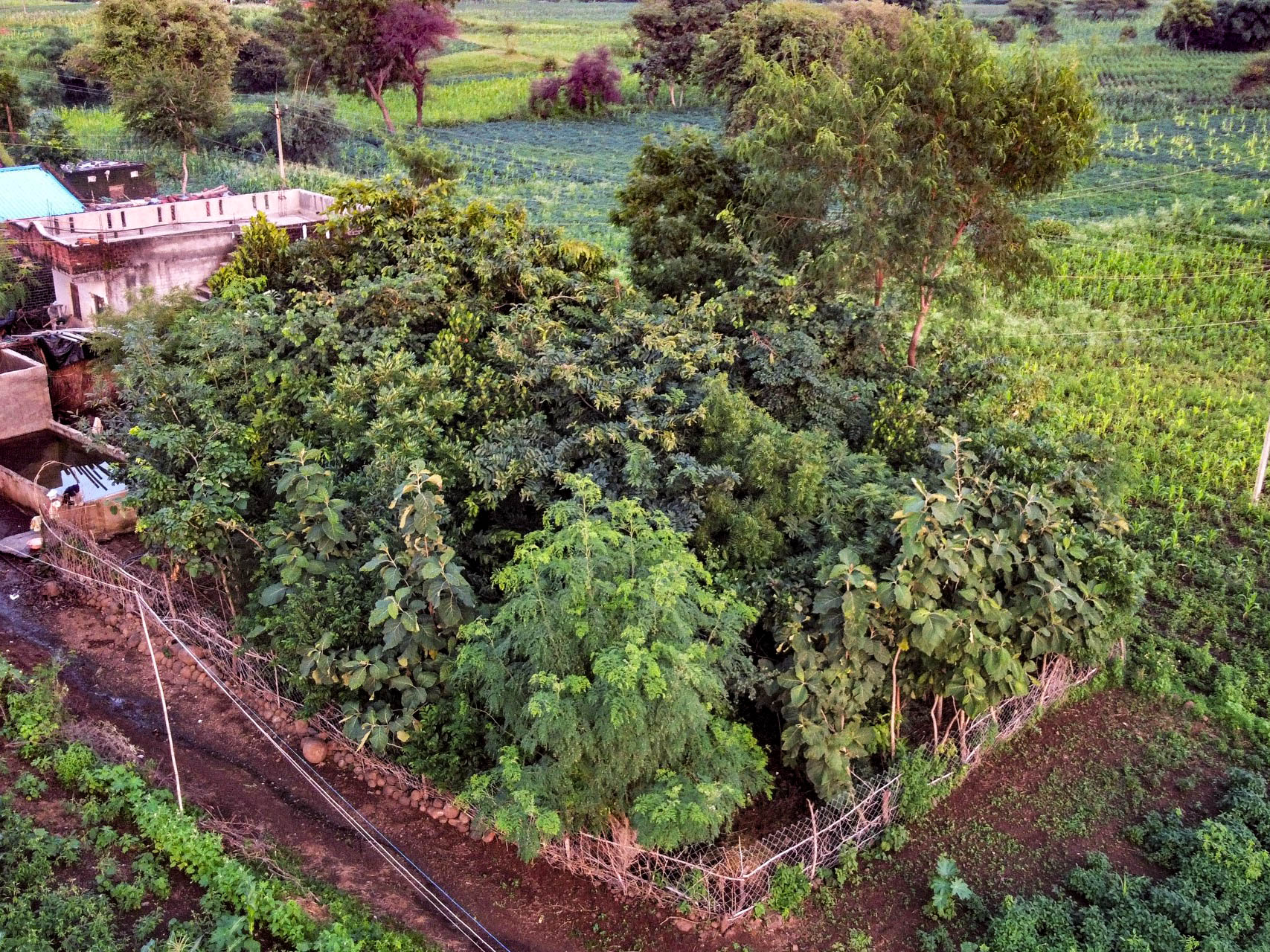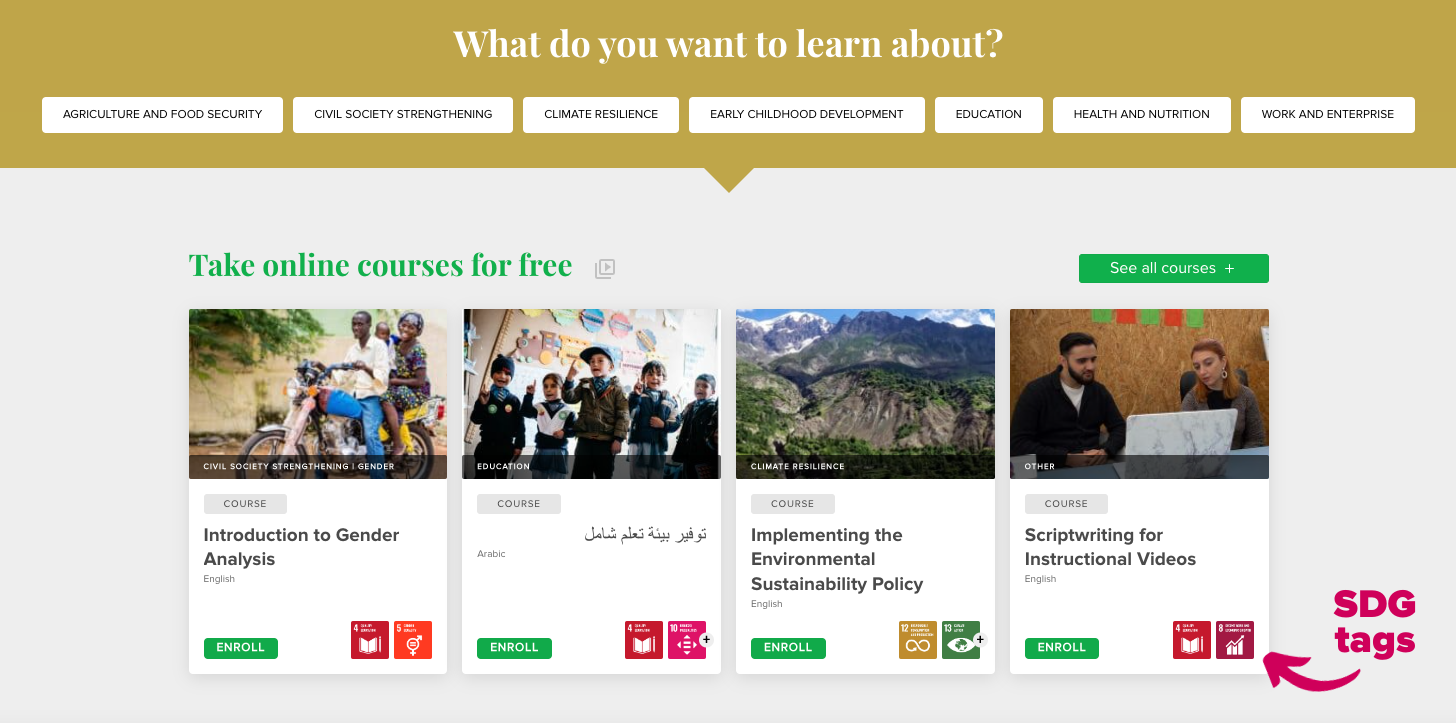This week, during the 78th session of the UN General Assembly, global leaders convened in New York to evaluate the advancement of the Sustainable Development Goals (SDGs). As we reach the midway point toward the SDGs’ 2030 deadline, not one of the 17 goals aimed at eradicating poverty and safeguarding the environment are on track to be achieved. How might we help change that?
In their recently published book, Redefining Development, Paula Caballero and Patti Londoño who spearheaded the genesis of the SDGs, wrote that “the fact that the SDGs were crafted against all odds should be a call to finally implementing them with renewed vigour and determination.”
Indeed, providing a common language to articulate a shared vision for the vast array of governments, educators, organisations, and individuals required to come together to achieve the SDGs, stands as a testament of hope.
AKF’s alignment with the SDGs
The SDGs are the most universally accepted indicators of progress on global development issues. International development organisations like the Aga Khan Foundation (AKF) play a pivotal role in advancing the SDGs, and the sector as a whole uses them as a common framework for collective action. From gender equality to innovation, the SDGs are all-encompassing.
While AKF’s overall work and overarching aims most closely align with SDG 10 (reducing inequality), and SDG 17 (partnerships for the goals), our programmes focus on more targeted SDGs. Rarely, however, does an AKF programme limit its impact to a specific SDG. Instead, our interventions help advance several SDGs at once, either from inception, or as the programme evolves and adapts.
AKF’s micro-forest initiative, GROW, is a perfect example of this. Micro-forests are closely connected to SDG 13 (climate action), but they are about much more than just biodiversity and carbon sequestration. They are about food security (SDG 2), health and wellbeing (SDG 3), stronger and closer communities (SDG 11), spaces for children and youth to learn about nature (SDG 4), boosting local economies (SDG 8), and so much more.

AKF‘s dedication to cross-cutting issues, like gender equality and sustainable communities, underscores our commitment to addressing the root causes of global challenges. The SDGs help us to articulate that commitment to others, from institutional funding partners to the communities we work with.
The Learning Hub and the SDGs
AKF’s Learning Hub is an online platform that aims to strengthen development practitioners, empower communities, and support educators worldwide. Until now, tens of thousands of learners around the world have been able to find resources across seven key development themes, and in 26 languages (and counting!).
Earlier this year, we introduced the ability to filter content by SDG, to capture the cross-cutting themes of our learning resources. We aim to support practitioners around the world – teachers, civil society organisations, teachers, entrepreneurs, and more – who want to upskill, reskill, or cross-skill through practical learning resources which address important global issues.

In the spirit of that “renewed vigour and determination” to support change that is transformative and sustainable, The Learning Hub’s offer of free, open, online access to learning can play its part. Whatever the reason a learner chooses to engage, and wherever they happen to be in the world, through the SDGs, we are all speaking the same language.
This article was written by Ana Barfield, Global Practice Manager at AKF





